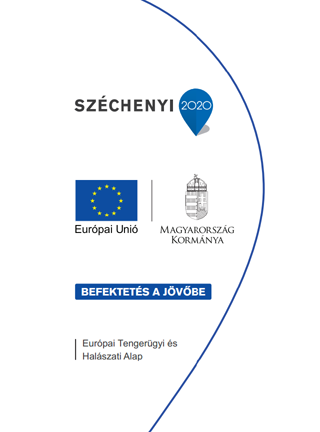
Past, present and future of European inland fisheries
Ian G. Cowx
Prof. Ian G. Cowx, Hull International Fisheries Institute, University of Hull, Hull HU6 7RX, UK
(Email: i.g.cowx[at]hull.ac.uk)
Abstract
The situation facing European inland fisheries has altered rapidly in response to an exceptional period of change throughout the continent over the past 40 years. A number of factors contribute towards these trends, including, increasing demand for water, social, economic and political shifts, and increased awareness of environmental issues. The aim of this paper is to explore changes in the European inland fisheries sector to assist planning and management of the sector in the future. Commercial fisheries have declined throughout Europe. After slow expansion through the 1950s-1980s, catches have declined steadily over the past 40 years, more so in the north and west than in Eastern countries. Similarly, recreational fisheries are under threat from declining participation and degradation from external interventions.
Despite the importance of inland fisheries, especially recreational fisheries, throughout Europe, there is a perception that natural fisheries have undergone major, often adverse, changes. These are related to on-going restructuring in post-socialist countries, changing relationships between commercial and recreational fishermen, deficiencies and confusion in fisheries legislation, administration and access to waters. The resources are also subject to numerous human interventions, with climate change and over-arching issue about which little is known of the impacts on European inland fish and fisheries. In an effort to maintain, improve and develop inland fisheries in Europe options for development, including river basin management planning and ecosystem approach, back by various European Directives are discussed.
Programajánló
Hírek
Tisztelt Látogatók!
A hazai agrár-felsőoktatás szükséges megújulásának mérföldköve az alapítványi fenntartású Magyar Agrár- és Élettudományi Egyetem (MATE) létrejötte, amely 2021. február 1-től 5 campuson, több mint 13 ezer hallgató számára fogja össze a dunántúli és közép-magyarországi élettudományi és kapcsolódó képzéseket. Az intézményhez csatlakozik a Nemzeti Agrárkutatási és Innovációs Központ (NAIK) 11 kutatóintézete is, így az új intézmény nem csupán egy oktatási intézmény lesz, hanem az ágazat szellemi, szakpolitikai és innovációs központjává válik, amely nagyobb mozgásteret biztosít a képzések, a gazdálkodás és szervezet modernizálásához, fejlesztéséhez. Az összeolvadással magasabb fokozatra kapcsolunk, a kutatói és egyetemi szféra szorosabban fonódik majd össze, aminek következtében még több érdekes, izgalmas kutatás-fejlesztés születhet majd az agrárium területén.
Kérjük, kövesse tevékenységünket a jövőben is a www.uni-mate.hu honlapon!
A szokásostól eltérően az idei évben ősszel, október 03-04 között került megrendezésre az Ultrabalaton csapatversenye. NAIK-os csapat az idei évben állt először rajthoz a 14. alkalommal kiírt versenyen.


